
By Durrant Pate/ Contributor
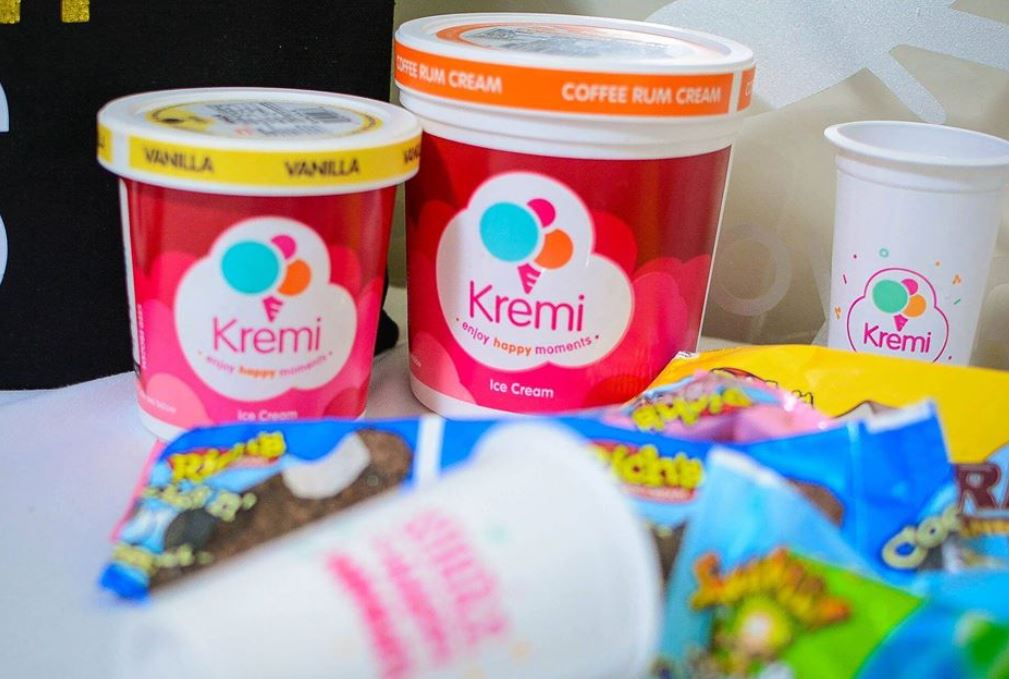
Caribbean Cream Limited, which trades under the brand KREMI is already reaping the benefits from its investment in a new cold room facility, where it was able to operate effectively during Hurricane Beryl in July and grew sales during the second quarter that ended on August 31, 2024.
The new cold room allows the Jamaican manufacturer of ice cream and frozen novelties to build stock to absorb disruptions in production that would normally affect sales. This is why even though there was a natural disaster during this period in Hurricane Beryl, KREMI’s revenue grew to $727 million, up from $646 million in 2023.
The increased revenue is due to continued stock availability and increased third-party contracting. The half-year revenue went up to $1.5 billion, up from $1.3 billion in the corresponding period last year. Cost of sales for the half-year amounted to $949 million, an increase of $89 million or 10 per cent over the previous year’s $860 million.

Maintenance costs drove up cost of sales
The second quarter’s result was $452 million versus $442 million, an increase of $11 million or 2 per cent.
‘The high cost is due to the increased maintenance initiative to overhaul our equipment to deliver optimal
performance,” the company said.
Gross profit increased by 39 per cent for the half year, realising $541 million, an increase of $151 million, over the corresponding period of the previous year.
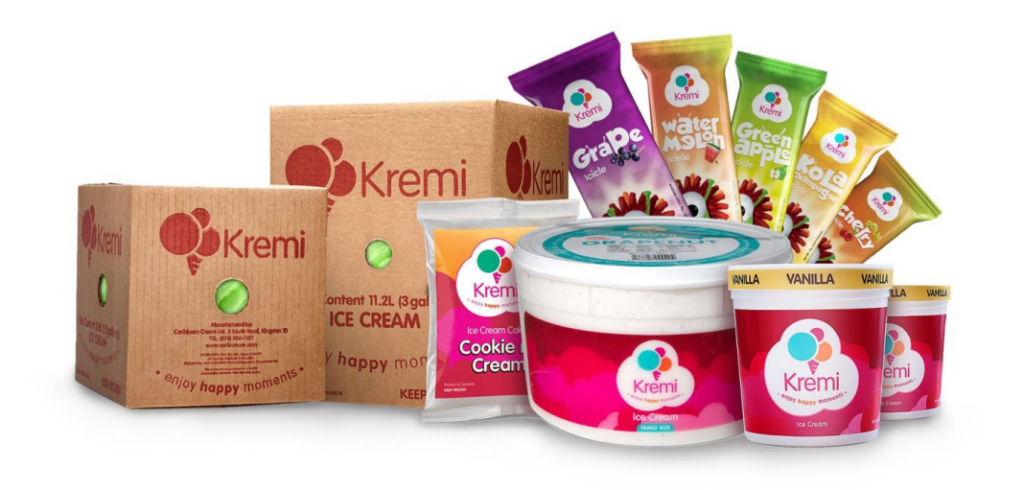
For the quarter under review, gross profit closed at $274 million, an increase of $70 million or 34 per cent more than the corresponding quarter of 2023.
Administrative and other operating expenses for the half year were $498 million more than the corresponding period last year with $381 million, an increase of 31 per cent. Expenses totalled $255 million, up from the $201 million booked last year, representing an increase of 27 per cent.
The increases were due to higher costs related to staff and maintenance, as well as interest costs associated with the funding of our capital expenditure programme. Salary-related expenses were higher as KREMI sought to attract and retain technical personnel.
In spite of the higher expenses, the company achieved higher profits before taxation, recording $45 million compared to $12.5 million in 2023, or an improvement of $33 million over the corresponding period.
Heavily investing in capital expenditure projects
Over the past few years, KREMI has heavily invested in capital expenditure projects financed through loans.
Chief Executive Officer Christopher Clarke and Director Wayne Wray reported that, “In the short term, this may negatively affect cash flow, but we believe as the company grows, we expect improved returns on our investment. The company’s focus is on upgrading its property, plant and equipment (PPE), and the enterprise resource planning (ERP) system aims to improve efficiency and profitability.“
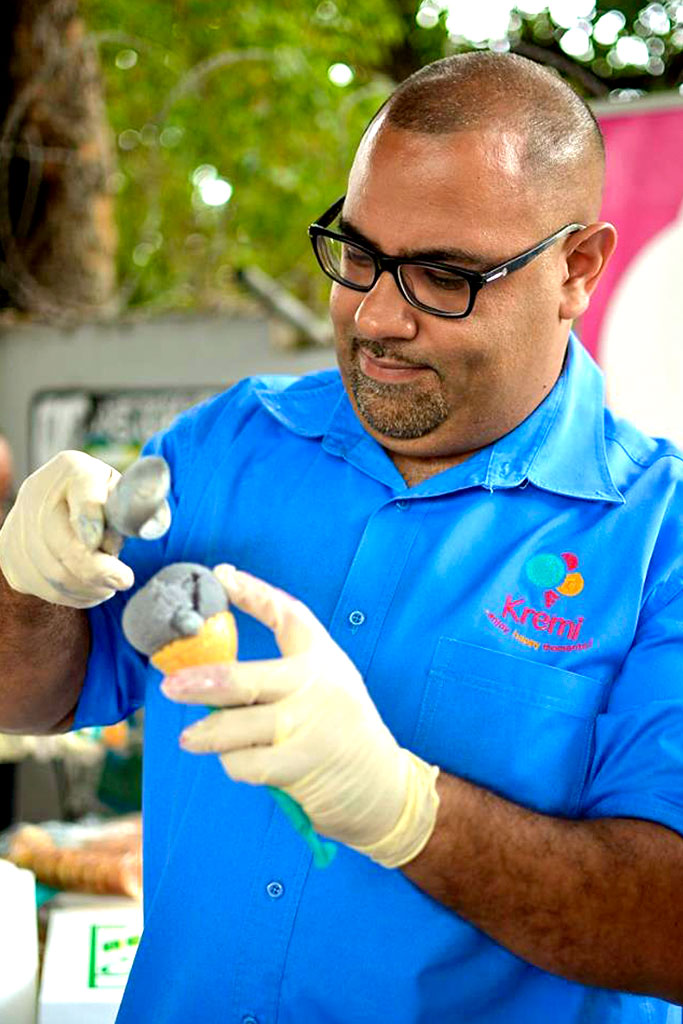
They say the required outlay of capital invested in the company and financed through increased loans was the vehicle to achieving efficiency and profitability. The company’s financial position was impacted as the management used its current working capital to complete a few projects to achieve higher productivity.
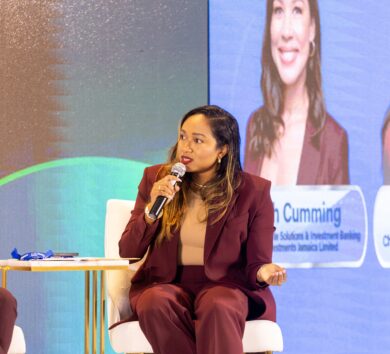

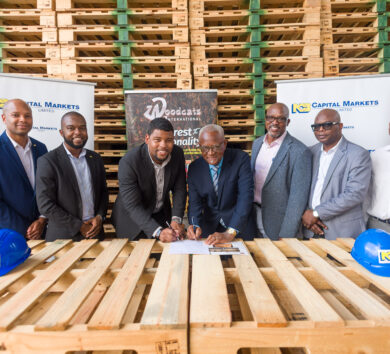
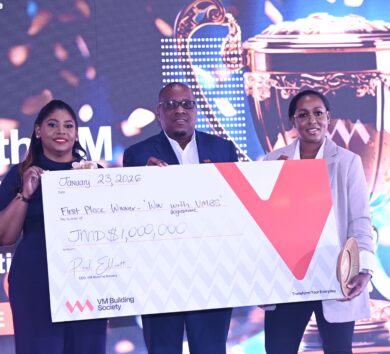
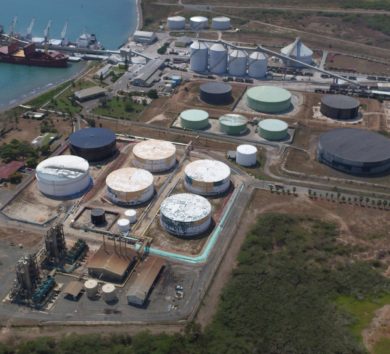
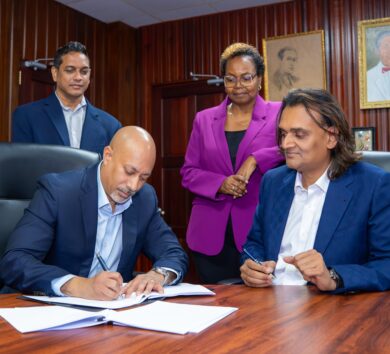
Comments